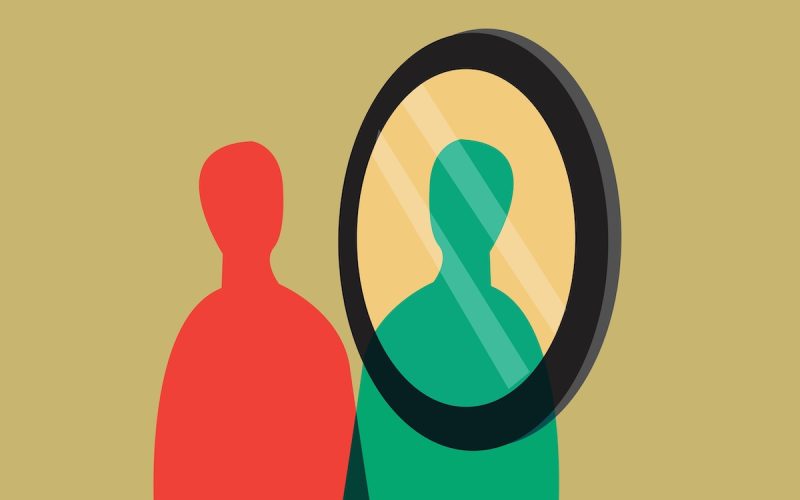Wide variation in the use of coercion in inpatient services for children and young people
Being admitted to inpatient child and adolescent mental health care (CAMHS) as a child or young person (CYP) is incredibly difficult. This usually happens as a last resort when all other community options have failed. CAMHS services treat children and young people with a range of difficulties that have a serious impact on their mental…
Read More









